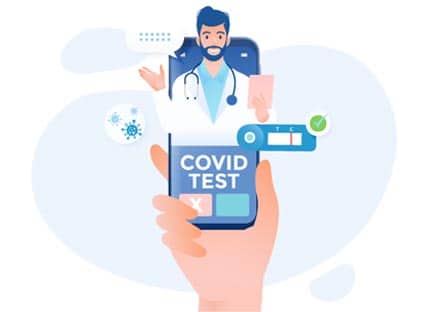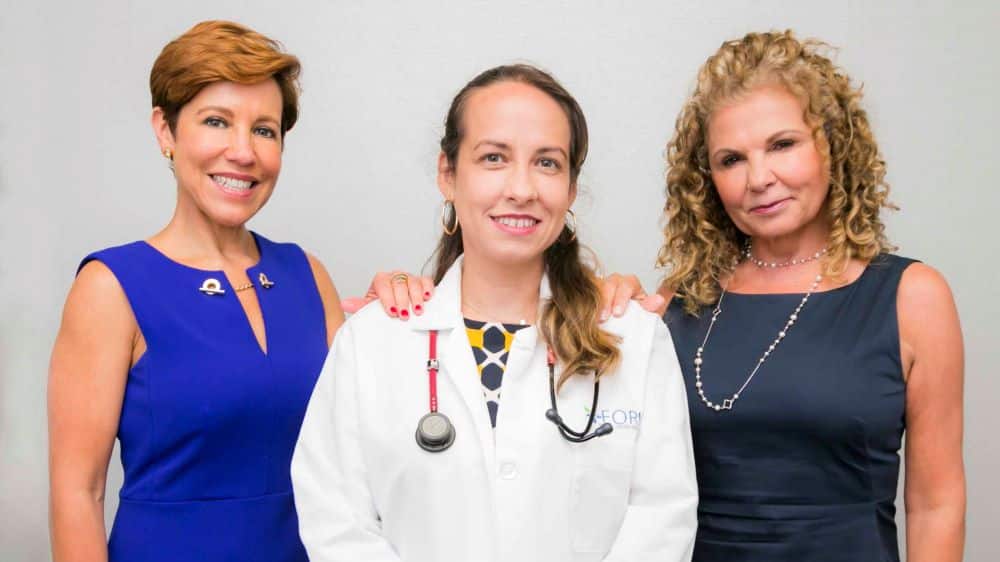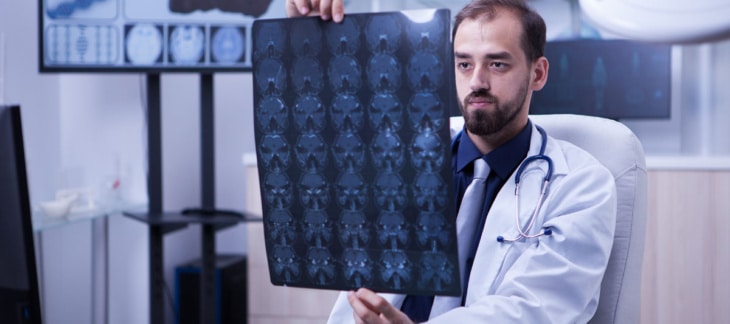Among the many different studies in medicine, we have the cardiologist’s specialty. Physicians who specialize in cardiology are the ones in charge to diagnose, assess, prevent, and provide treatment for patients with diseases and conditions of the cardiovascular system.
Cardiologists are highly trained physicians; they are obliged to go through more than four years of medical school, followed by three years of training on internal medicine, and finally, three to four years of specialized training in the cardiology specialty. During and after those ten or more years of training, they must pass two exams that test their knowledge and ability to treat the cardiovascular system.
What is the cardiovascular system?
The cardiovascular system is formed by the heart, and blood vessels, which are arteries and veins.
In a regular visit to the cardiologist, he would probably check your weight and height, your heart, lungs, blood pressure, and blood vessels. They will review your medical history, ask about your family’s cardiovascular health, and perform an examination.
As part of the examination, they could also carry out some tests according to what they see or to the symptoms you are describing. Most tests could be preventive, and some others could have the purpose of identifying the exact cause of your symptoms in order to provide adequate treatment.
Some of these tests could be the following:
- Electrocardiogram (EKG): This test is used to record the heart’s activity.
- Ambulatory EKG: It has the purpose of recording the heart rhythm while you exercise.
- Stress Test: It shows your heart’s behavior while you are at rest and while you exercise.
- Echocardiogram: This test provides imaging of your heart and the areas that surround it.
- Vital signs: Your vital signs such as your blood pressure will probably be measured in every cardiology visit.
These are the simplest and most common tests that a cardiologist could ask for, but if you have already had more than one visit and the doctor already has a possible diagnosis, he might ask for more elaborate tests to provide you with the best treatment.
When do I need to schedule a cardiology visit?
If you already have a diagnosed cardiovascular condition, you should be visiting a cardiologist on a regular basis and attend their instructions regarding follow up appointments.
If you don’t have a diagnosed condition but you are worried about your heart, the following symptoms might be a guide for when to visit a cardiologist specialist to prevent a severe condition:
- Shortness of breath, specially when doing light exercise
- Dizziness
- Chest pain
- Sudden or very noticeable changes in heart rate
- Changes in blood pressure
These symptoms could indicate the possibility of a cardiovascular condition, and to prevent further damage to your health, you should schedule a visit with a cardiologist.
You may also read: How to prevent a heart attack?
What are the most common cardiac conditions?
A cardiologist can help with many diseases and symptoms, but some of the most common ones that they treat are the following:
-
- Atherosclerosis (a condition related to the health of your blood vessels)
- Arrhythmias (when the heart’s pace is altered)
- Congenital Heart Disease
- Coronary and Congestive Heart Diseases
- Hypertension (high blood pressure)
- Tachycardia (the acceleration of heart rate)
Among many others.
Keep in mind that at Formé Medical Center, we offer cardiology among our services, and we have the best team available for you. To learn more about our cardiology services or to schedule an appointment with a cardiologist that will help you improve your health and provide the best advice, give us a call at 914 723 4900.







